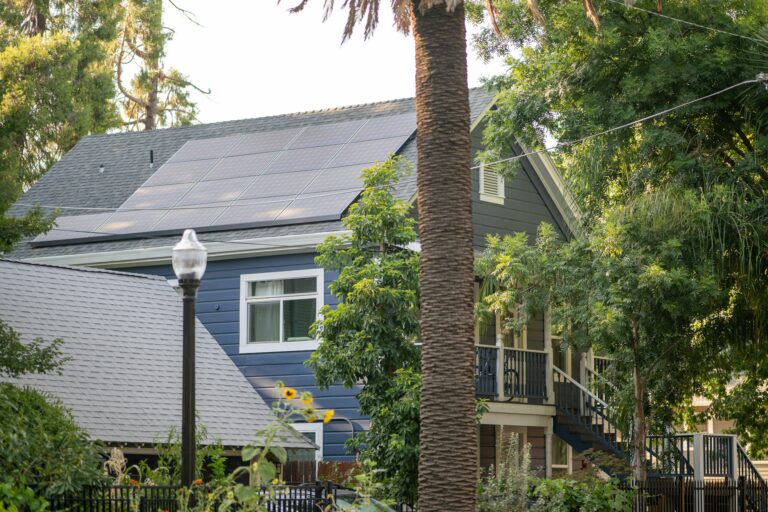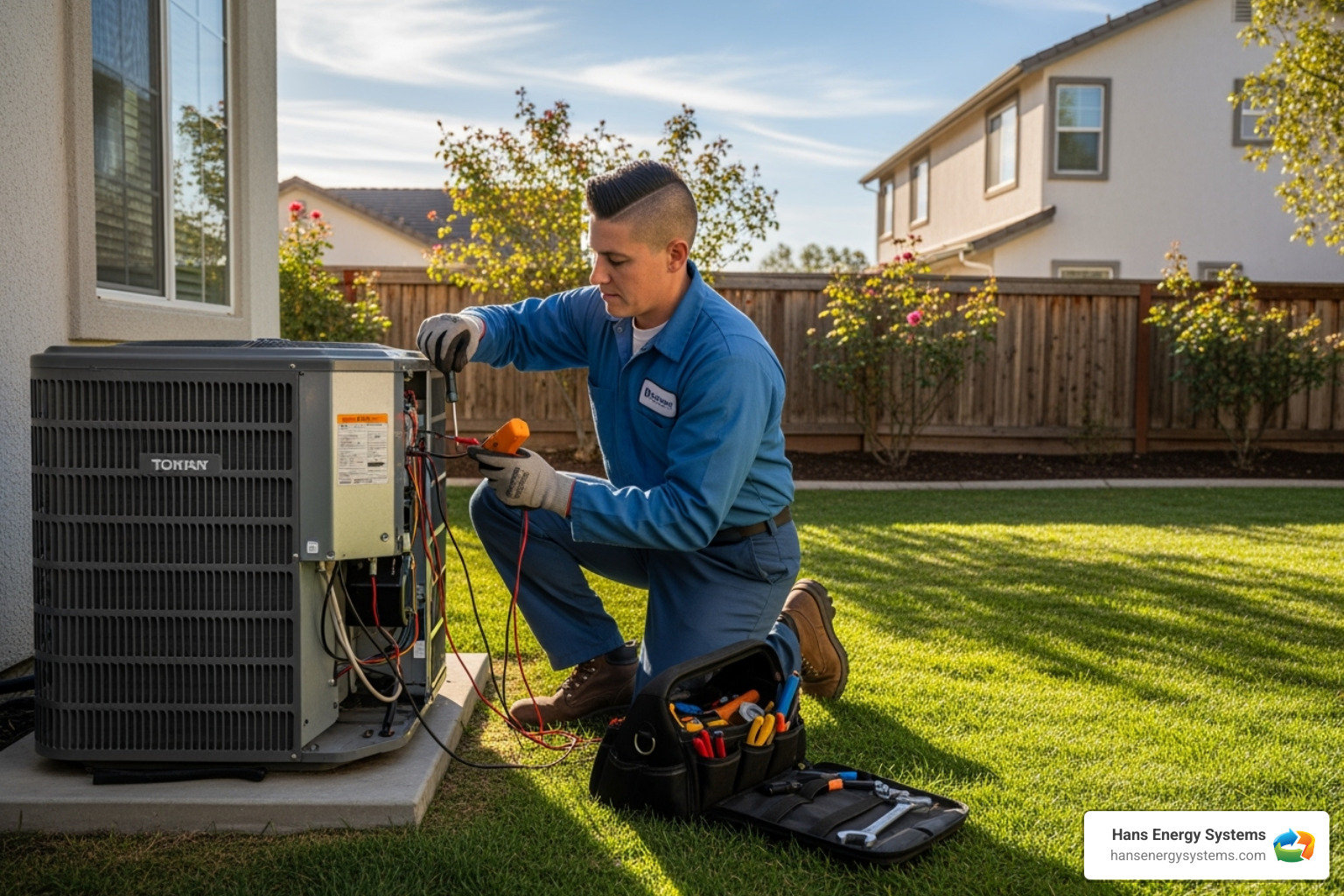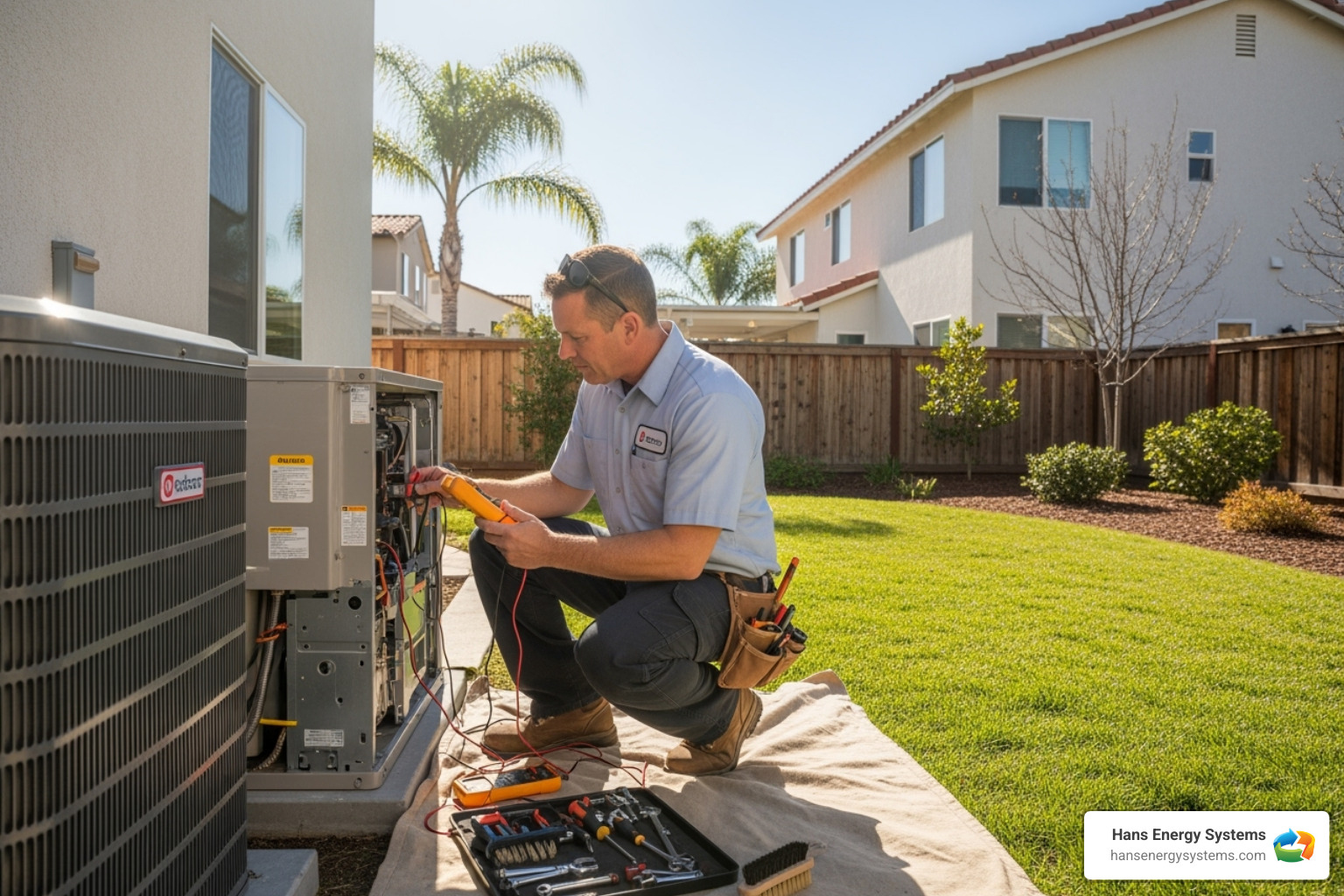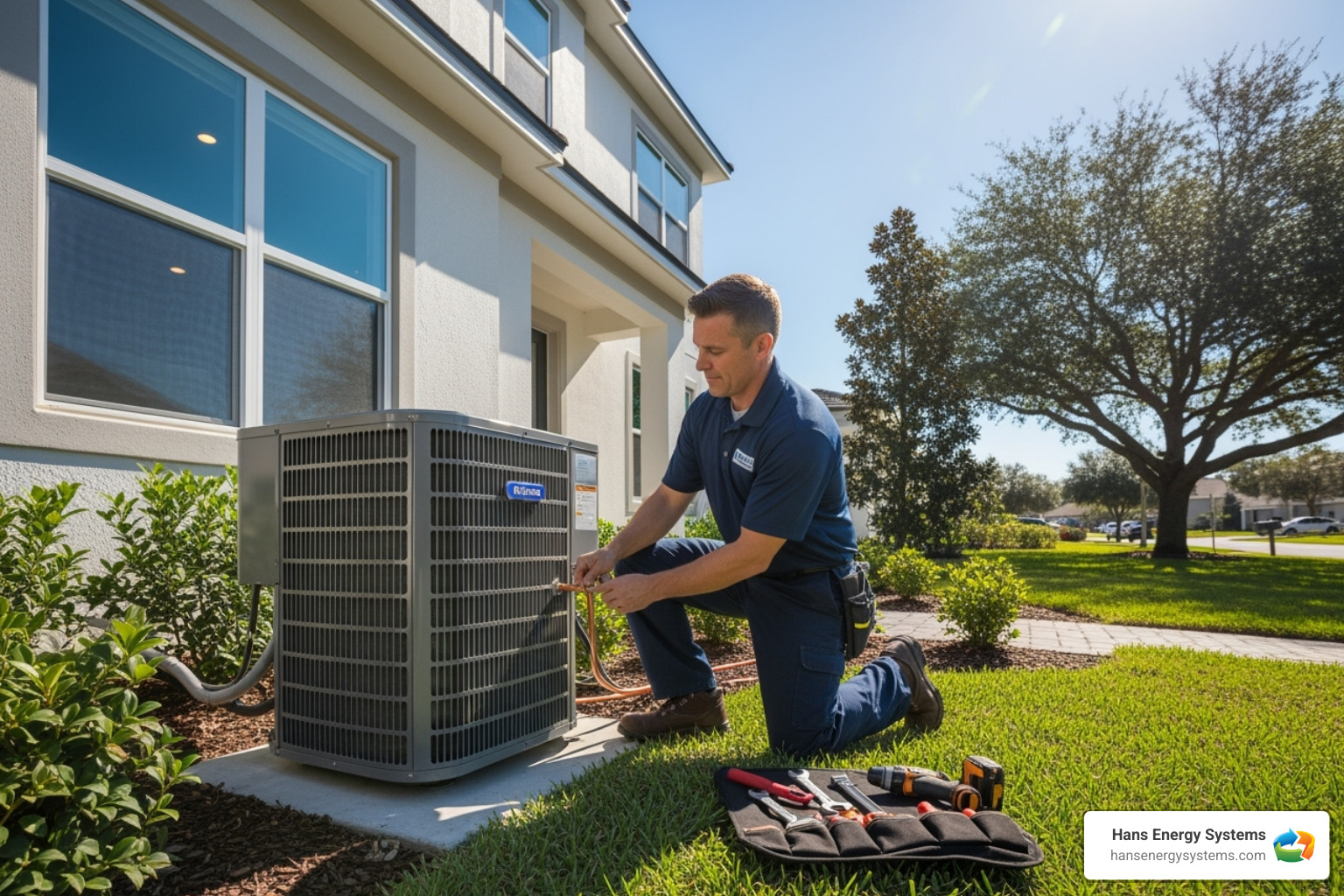Homeowners in Poway who already use solar panels or are thinking about making the switch often want to know how long a battery backup system will last. It’s not just about staying powered during outages—it’s also about making smart long-term decisions for energy use and cost. With more homes relying on solar energy year-round, battery backups have become a key part of the setup.
But not all solar battery systems are built the same. Battery performance changes over time, and many factors can shorten or extend how long they work. Knowing what affects the lifespan of a solar battery system helps homeowners stay prepared. It also helps avoid unpleasant surprises when the battery doesn’t provide the support you expected—especially during the warmer summer months when consistent energy matters the most.
Factors Affecting the Lifespan of Solar Panel Battery Backup Systems
How long a solar panel battery backup system lasts depends on several things. Understanding these key points makes it easier to spot early warning signs and act before the whole system starts to underperform.
One of the biggest factors is the type of battery you have. There are a few options, but the most common in Poway homes are:
– Lead-acid batteries: These have been around a long time and tend to cost less up front. But they wear down faster and don’t handle deep discharges as well.
– Lithium-ion batteries: These last longer and tend to hold their charge better over time. They are more durable but require proper installation and maintenance.
Another factor is how you use the system. For example, if your home pulls heavy loads from the battery every day, the system may degrade faster than one that’s used sparingly. Regular deep discharges, charging irregularities, and running the battery to zero can also reduce its performance.
Then, there’s the weather. Poway has long stretches of sun, especially during summer, which is a plus for solar panels but potentially tough on batteries. If your battery backup system is exposed to direct heat without proper ventilation or housing, it can degrade faster. Consistent high temperatures can cause internal wear that adds up over the years.
Residential systems are often installed in garages or exterior compartments, so it’s a good idea to confirm whether your battery has enough airflow or temperature protection. Siting and structural support during installation can also affect how well the system ages.
Lastly, batteries naturally lose some of their capacity as they age—even with perfect conditions. That drop becomes more noticeable after a few years, especially if the system wasn’t sized correctly for your home in the first place.
Signs That Your Solar Battery Backup System Needs Replacement
A battery backup system doesn’t usually fail all at once. It shows signs along the way, giving you time to plan a replacement or schedule service. Ignoring those signs can leave your home without power support when you need it most.
Here’s what to watch for:
1. Reduced battery efficiency – If the battery doesn’t hold its charge as long as before, that’s a clear sign the cells are degrading.
2. Longer charge times – When it takes much more time to reach full capacity than it used to, the battery is likely wearing out.
3. Physical damage – Bulging, corrosion around terminals, or cracked exterior housing can mean the battery is no longer safe to operate.
4. Error messages – Many modern systems come with monitoring tools that show alerts or warnings when performance drops. These should never be ignored.
5. Power shortfall during outages – If your system used to cover a full night and now only lasts a couple of hours, it’s failing to meet demands.
6. Inconsistent power delivery – Lights flickering or appliance interruptions may not be from the electrical system, but from uneven battery output.
One example: a Poway homeowner noticed their lights dimming during short blackouts, despite having a solar backup installed just five years earlier. After inspection, the issue turned out to be reduced storage capacity paired with an overloaded demand during summer use. Replacing the batteries restored full backup coverage and resolved the power dip.
Replacing a battery before it fails completely can prevent larger issues, like inverter faults or power loss across your entire solar panel system. If you notice any of the signs above, you may want to have our professionals inspect the system to confirm what’s going on.
Tips To Extend The Life Of Your Solar Battery Backup System
Once your solar battery backup system is installed, how you take care of it plays a big role in how long it will stay useful. Regular upkeep goes a long way. The goal is to protect your investment while making sure you can count on your backup power when you need it.
To help your system perform better and avoid early breakdowns:
– Stick to a battery-friendly charge cycle. Avoid draining your battery to zero consistently.
– Limit exposure to heat. If your batteries are outdoors or in a garage that gets hot, consider airing the space or adding shielding to keep the temperature stable.
– Don’t store items directly next to the battery unit. It needs enough airflow around it to perform safely.
– Check for signs of corrosion or residue around battery terminals. This is not something to clean casually. These signs often mean it’s time for a professional inspection.
– Use the system regularly. If your battery system goes unused for long stretches, it may weaken. Letting it cycle a few times a month is better than keeping it idle.
– Make sure all software or firmware updates are installed promptly if the system offers remote monitoring or smart controls.
It’s also helpful to schedule regular check-ins. Our technicians can spot small issues before they turn into battery failure. For example, if capacity levels are gradually falling but there’s no visible damage, we might catch a charging or discharge problem early. Homeowners in Poway can benefit from setting up a seasonal review—especially going into months when the home will depend more on power backup due to higher solar production.
The Benefits Of Replacing Your Aging Solar Battery Backup System
Once your battery backup reaches the end of its lifespan, replacing it isn’t just about continuing energy storage—it can also improve how well the rest of your solar setup works. An aging battery slows down the system, takes longer to charge, and doesn’t power your home as efficiently. If you’re noticing you’re running low during shorter grid outages, that’s a nudge to look into replacing the unit.
On the upside, replacing the old battery with a newer one gives your solar panel system a fresh boost. You may gain longer coverage during outages, faster charging times, and smoother daily performance. With a properly matched battery, homeowners often see better support during high-use times like summer afternoons when AC systems are running and appliances are working hard.
Newer batteries also tend to include improved technology like more accurate monitoring systems and smarter energy balancing tools. That means it’s easier to track power storage and usage, giving you more control over how you use solar energy at home.
For example, a local resident in Poway replaced their 7-year-old battery system after noticing a pattern of hiccups during multi-hour outages. After the replacement, they were able to power their essentials comfortably through evening hours without interruption, especially during peak summer use. The newer system also gave them better insight into their usage through a connected app.
Maximize Your Solar Investment In Poway
Solar energy is a long-term investment, and battery backups are a major part of making that investment reliable day-to-day. Paying close attention to how your battery performs, recognizing when it’s struggling, and taking care of routine maintenance can help you avoid service gaps and keep your home running smoothly.
Instead of waiting for a full shutdown or power failure, it’s better to take small steps early. Watch for performance issues, have our professionals inspect the setup regularly, and consider replacement when your battery starts falling short. A dependable solar battery backup can help ensure that your solar energy is doing everything it’s supposed to—powering your home without delay, even when the grid goes down.
If your solar battery system isn’t performing like it used to, it might be time to reexamine your battery backup for solar panels in Poway and consider a replacement to avoid future issues during peak summer use. Hans Energy Systems is here to help guide you through these decisions with expert insight and reliable service. For a quick estimate or to book a service visit, please contact us today.





